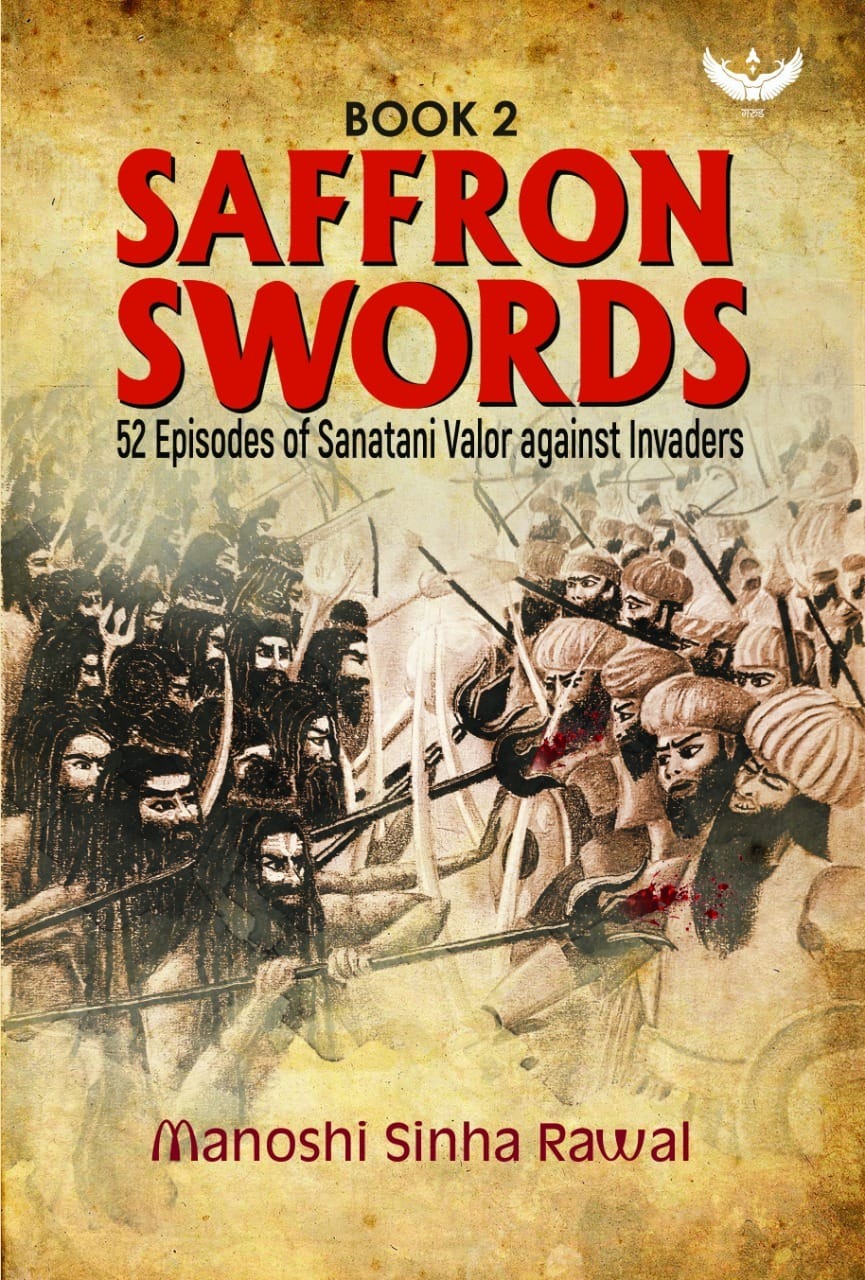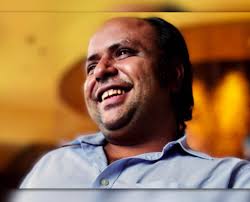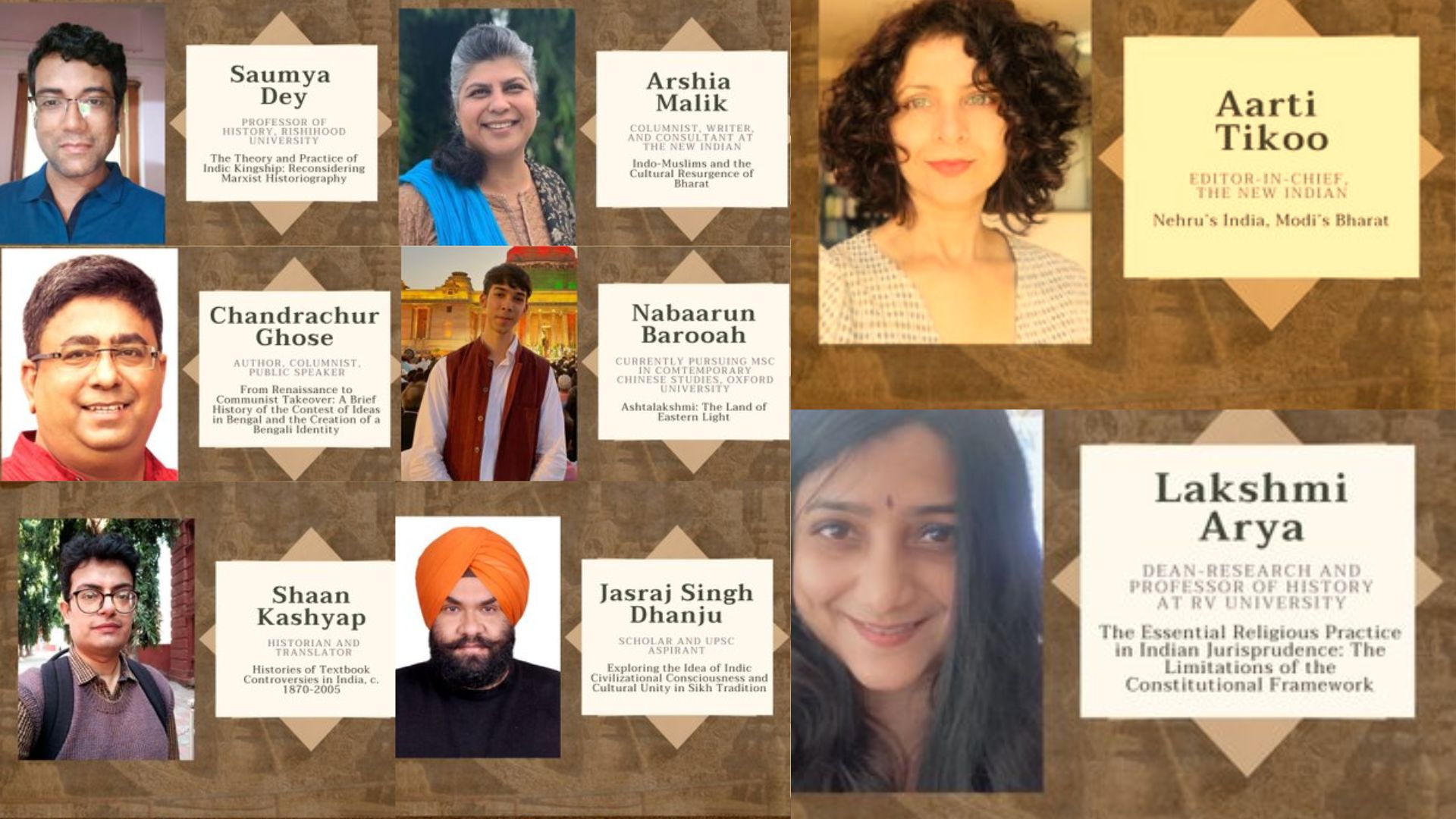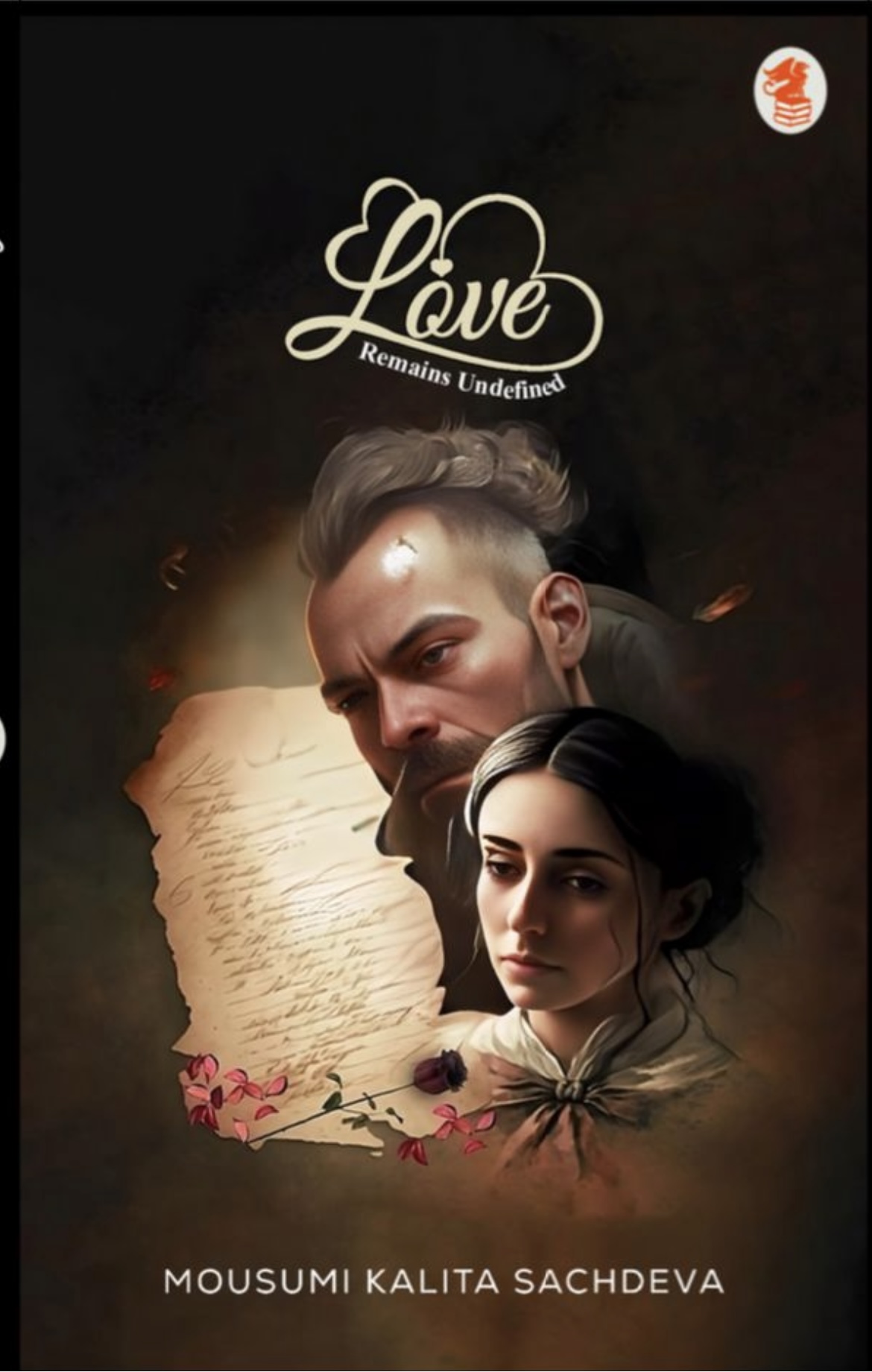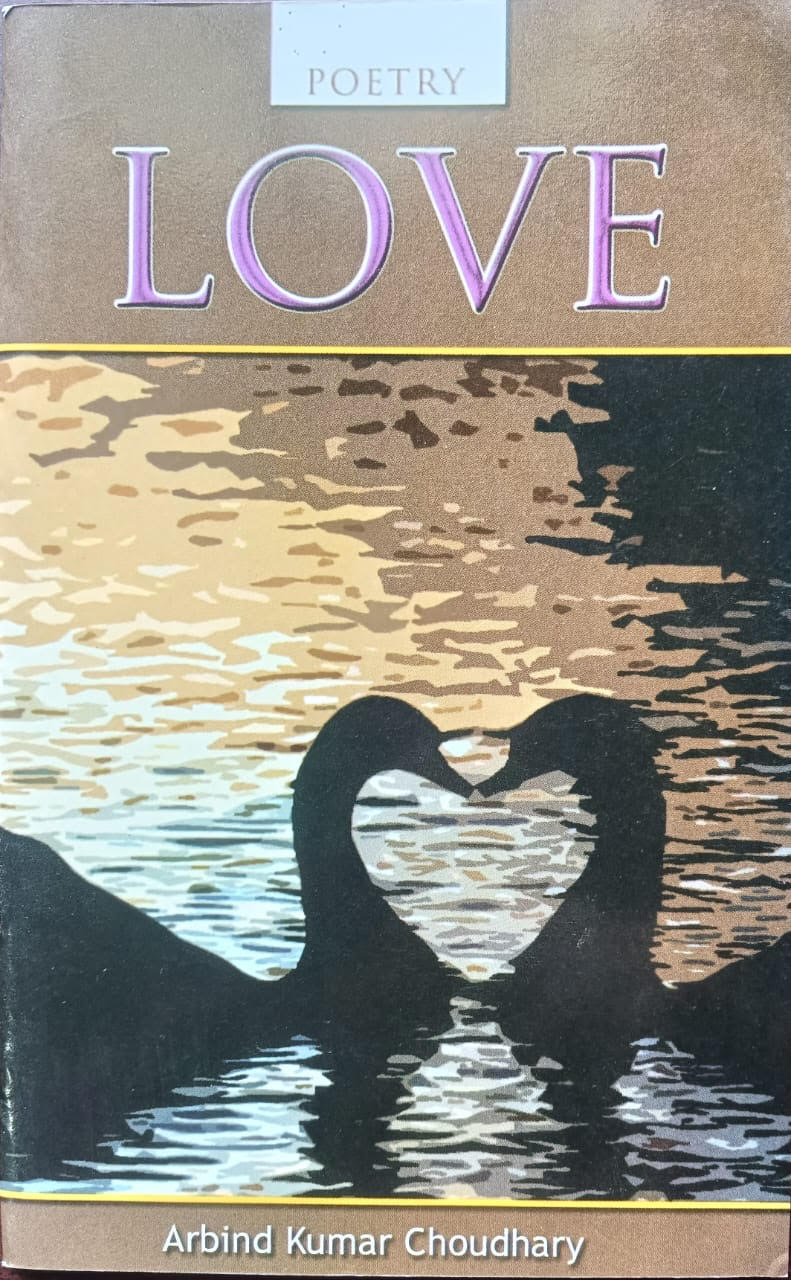The terminology “Indian History” undeniably takes one to a world of the Mamluks, Khiljis, Tughlaqs, Lodis, Mughals, and British. This is what every student learns in academic history books, right from school to university level. A distorted and one-sided account prevails, even taking a paramount place in mainstream narratives. Indian History textbooks have hardly glorified these real warriors of the soil. We have grown up reading more about the glories of our invaders. A nation’s citizens, who aWhile only the glories of these invaders are highlighted, the atrocities they committed, the cultural symbols they destroyed, and the wealth they looted over several centuries doesn’t find any description. The Bharatiya civilization is one of the oldest surviving civilizations in the world, dating back thousands of years.
Several ancient civilizations perished within decades as a result of invasions. But Bharat survived despite 1300 plus years of mass genocide, in millions, and barbaric atrocities committed by the invaders. This is due to the ongoing resistance provided by warriors in every corner of the country for over 1300 years. These stories of resistance do not find a place in academia.
Book 2 of “Saffron Swords” by Manoshi Sinha, published by Garuda Prakashan, breaks the set narrative through the portrayal of stories of the valour of native warriors, who defended the motherland for around 1400 years. This book attempts to convey to readers centuries of Indic resistance to invaders Book 1 of this series, published in 2019, describes 52 episodes of prowess, heroism, and the gallantry of warriors from across Bharat against invaders covering 1400 years.
The warriors who offered resistance were constituted not only by Kshatriyas but also bravehearts from the other three varnas – Brahmins, Vaishyas, and Shudras, constituting both men and women. Book 2 of “Saffron Swords” contains another 52 episodes of valor, covering the same period.
Out of the 52 episodes of Indian valor, a few worth mentioning are Dantidurga II, Rani Durgavati, Rani Bhavashankari, Samgramaraja, Chennabhairadevi, Sangoli Rayanna, Bhoja Paramara, Pratapaditya, Krishnadevaraya, Kurma Devi, Dhan Singh Gurjar, U. Kiang Nangbah, Chhatrasal, Birsa Munda, Prafulla Kumari Devi. The book has a bibliography section that enumerates all the literary references for each episode. Manoshi Sinha pledges to continue adding to the series, one at a time.
To quote the author Manoshi Sinha, “When our history books blank the exploits of the warriors of the soil and when we read only about defeats, and no resistance by our ancestors, we end up alienating ourselves from a sense of belongingness to the nation. We do not know about our historical roots. Hence, history needs to be retold. “
Marcus Garvey, a Jamaican-born political leader and social activist, rightly said: “A people without knowledge of their history, origin, and culture is like a tree without roots.” According to Manoshi Sinha, the Saffron Swords are an attempt to bridge this gap, connecting the people with their roots. A note from the honourable Vice President of India, M. Venkaiah Naidu, is published on one of the first pages of Book 2 of “Saffron Swords”. To quote from the note: I have always maintained that the brave tales of all Indians, including many unsung heroes, who have fought against foreign invaders and the oppressive British rule should be published in various Indian languages. My compliments to the author Manoshi Sinha Rawal, for writing this book and including stories of women warriors like Velu Nachiyar, Kurma Devi, and Rani Durgavati in the book.” Manoshi Sinha, an Assamese native, is an independent researcher specialising in Indian history and ancient temples. Most of the episodes of “Saffron Swords” are based on her research visits across India.

